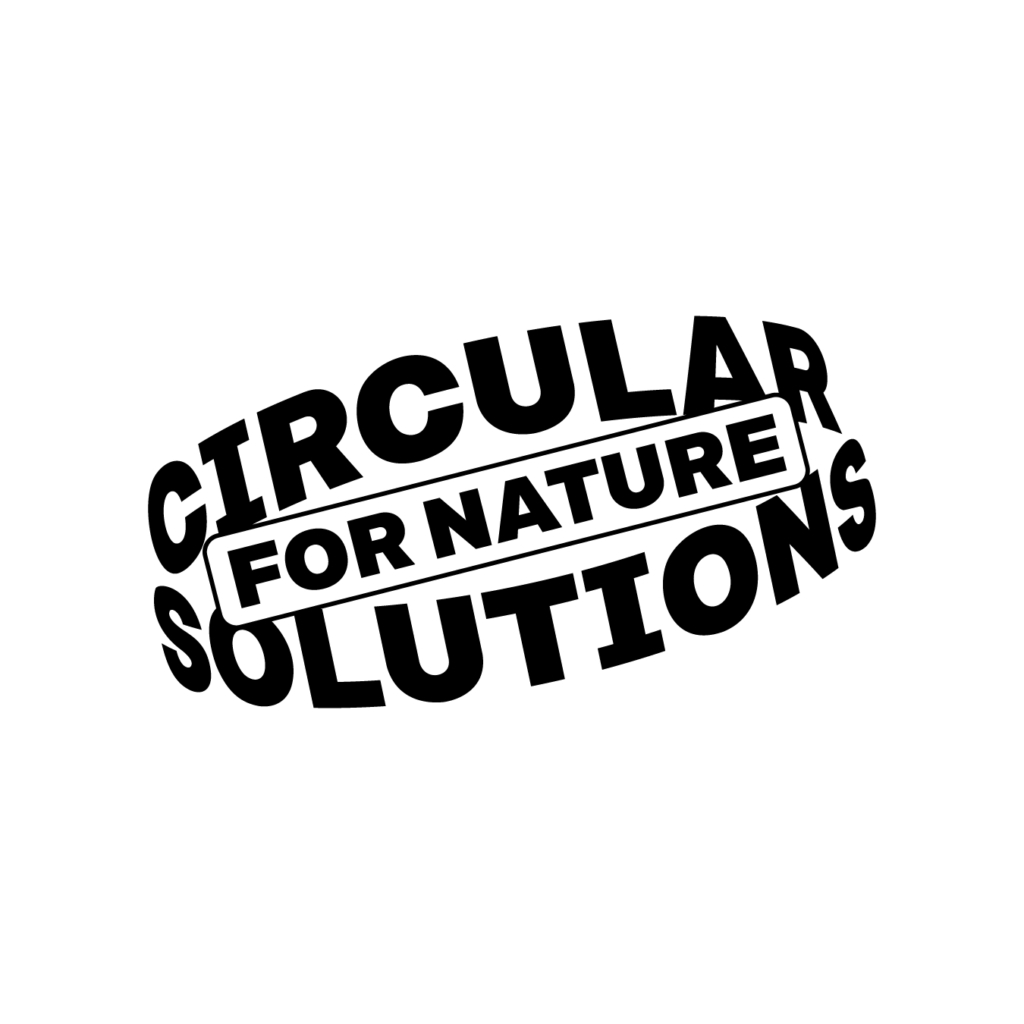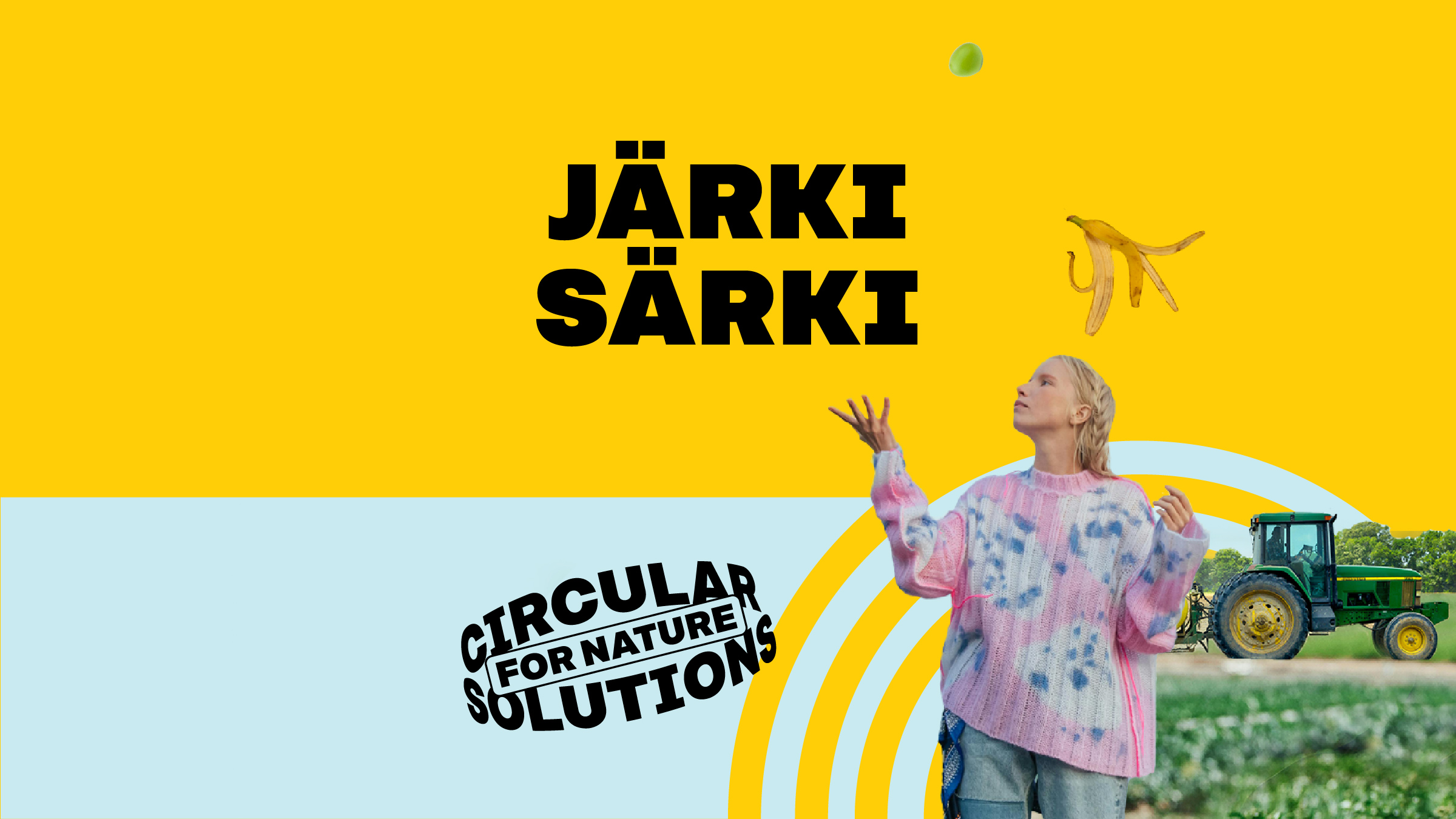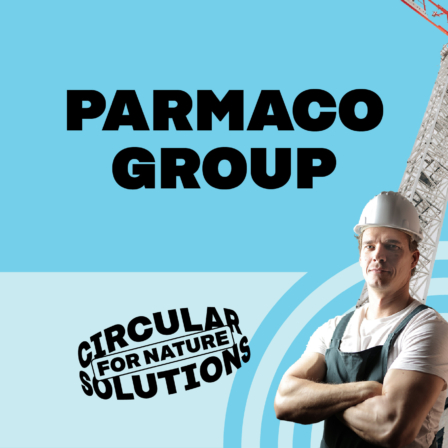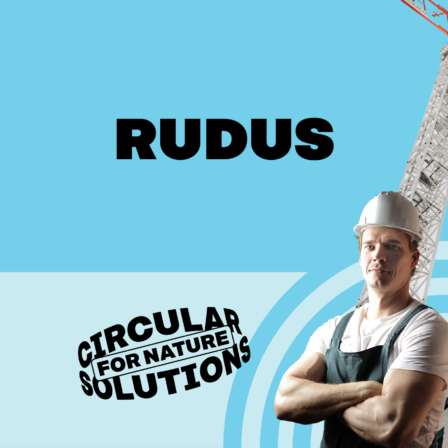Problem
Growing demand for fish is driving global overfishing, and the challenge is exacerbated by competition for the same resources, which have increasingly also been used to feed other fish in aquaculture. At the same time, domestic fish can be difficult to buy, even though some species represent a largely underused resource. Today, roach are hardly fished to be sold as food, partly due to lingering attitudes that – despite modern processing methods – have led consumers to view the roach as a bony fish that is difficult to eat.
Solution
Järki Särki provides consumers with a local, underused alternative to overfished stocks, such as tuna. Järki Särki (Finnish for “smart roach”) makes the roach both available and appealing to consumers; on one hand through a high-pressure cooking process that helps overcome the challenge of small fishbones, and on the other hand by turning the fish into cleverly branded ready-to-eat products, such as canned and flavoured sauces that can be used for pasta, risotto or lasagne dishes. The company strives to maximise the use of existing resources by improving their production technologies and developing new products to ensure that all parts of the fish can be used.
“The circular bioeconomy is about giving us more value from biomass resources. Järki Särki shows that we can make valuable products from the resources that are right in front us, but are not yet utilised – bringing biodiversity benefits at the same time.”
Riku Sinervo and Tim Forslund, Sitra
Biodiversity impacts
Järki Särki uses underappreciated wild fish from lakes and the Baltic Sea, thus avoiding the need for both inefficient aquaculture operations reliant on fish feed and overfished global stocks, such as tuna. A process called biomanipulation provides further benefits: the catching of roach directly extracts nutrients, especially phosphorus, from waterways that are in poor health due to excess nutrients from agriculture. Culling roach and other cyprinids sets off a positive feedback loop, as fewer roach enable less disturbance of sediments – where most of the nutrients are stored – and more predation as the water quality and visibility improves, effectively recalibrating the aquatic ecosystem.
Benefits for the company
Järki Särki occupies what at the outset may appear as a unique market niche, offering a locally sourced fish alternative to environmentally conscious consumers, but by leveraging an abundant underused resource and clever processing, branding and design, Järki Särki is able to tap into a growing market for fish products that don’t drive global overfishing.


































